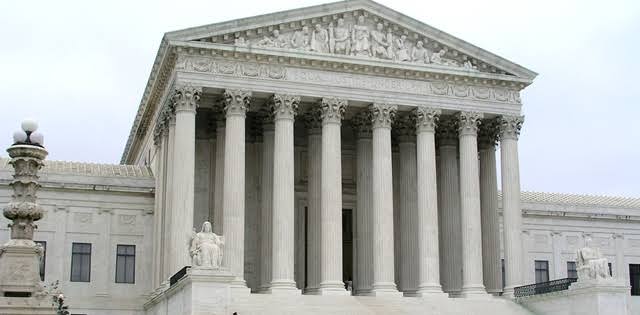- Supreme Court to review constitutionality of federal gun ban for drug users.
- Case follows divided lower court rulings after the 2022 Bruen decision.
- Hunter Biden’s prior conviction under the same law adds political attention.
- Decision expected by next summer; could reshape gun control laws nationwide.
- Court continues operations despite temporary government shutdown.
The U.S. Supreme Court has agreed to review whether a long-standing federal law that bars drug users from possessing firearms violates the Second Amendment — a decision that could redefine the scope of gun ownership rights across the nation.
At the request of the Trump administration, the justices will take up the challenge this term, making it one of the most consequential Supreme Court gun rights cases since the Court expanded firearm protections in 2022. A final ruling is expected by next summer.
“This is the archetypal case for this Court’s review,” Solicitor General D. John Sauer wrote in filings urging the justices to intervene.
Under federal law, it is a crime for anyone “who is an unlawful user of or addicted to any controlled substance” to own or possess a firearm. The statute carries penalties of up to 10 years in prison and is widely enforced across the United States.
U.S. Circuit Judge Stephen Higginson, appointed by former President Barack Obama, noted in a recent opinion that federal judges handle these prosecutions “daily across the country.”
The Court’s review could have sweeping implications for both federal gun control laws and similar restrictions in over 30 states. Legal experts say the outcome may clarify how far the Constitution’s protection of the right to bear arms extends amid concerns over substance abuse and public safety.
Lower federal courts have been divided on the issue since the Supreme Court’s 2022 Bruen decision, which required all firearm regulations to align with the nation’s “historical tradition of gun regulation.” Some judges have since struck down the drug-use provision, arguing it fails that historical test.
The controversy has gained additional attention following the conviction of Hunter Biden, who was found guilty last year of illegally possessing a Colt Cobra revolver in 2018 while addicted to crack cocaine. He had challenged the law as unconstitutional before being later pardoned by his father, then-President Joe Biden.
The Supreme Court’s announcement came shortly after a temporary government shutdown forced the closure of its building to the public. Despite the shutdown, the justices are continuing work on pending cases, including this landmark review.
The upcoming case joins another pending dispute over Hawaii’s restrictions on concealed carry, which prohibit individuals from bringing guns onto private property without express permission from the owner.
Last year, the justices upheld a related federal statute barring gun possession by individuals subject to domestic violence restraining orders, signaling the Court’s cautious approach to Second Amendment expansion.
The new challenge, however, could test the boundaries of that balance — determining whether individuals with a history of drug use can retain constitutional protection to bear arms under federal and state firearm possession laws.
A decision is expected to shape future constitutional law interpretations, influencing both federal prosecutions and criminal defense attorney strategies across the nation.









